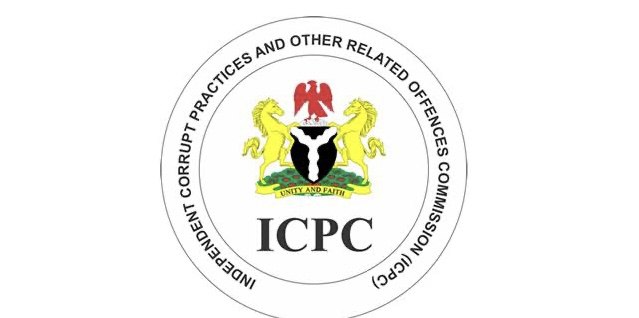The Independent Corrupt Practices and Other Related Offences Commission (ICPC) has issued a stern warning to states that may attempt to undermine the recent Supreme Court judgment affirming local government autonomy.
ICPC Chairman, Musa Aliyu, delivered the warning during an interview with journalists in Abuja.
“For any state-level official to breach this ruling is an act of gross misconduct and an abuse of office,” Mr. Aliyu stated. “The ICPC will take decisive action against anyone who violates the Supreme Court’s decision on local government autonomy.”
The Supreme Court, in a landmark ruling on July 11, granted autonomy to local governments across the country, solidifying their independence from state control.
Mr. Aliyu’s remarks were made on the sidelines of the sixth General Assembly of the Network of National Anti-corruption Institutions in West Africa (NACIWA) held in Abuja.
During the event, Mr. Aliyu highlighted the pervasive nature of corruption, describing it as a borderless crime that demands collective efforts from nations. He expressed confidence that the guiding principles of NACIWA provide a strong foundation for member nations to effectively combat corruption.
“Leveraging technology and digital tools is crucial in the arduous task of curbing corruption and dismantling corrupt networks,” he emphasized.
He further noted that the increasing sophistication of corruption on both regional and global scales necessitates innovation, strategic planning, and collaboration.
“NACIWA must adopt technology and digital solutions in enforcing the ECOWAS Protocol to address the menace of corruption within our sub-region and individual countries,” Mr. Aliyu urged.
The ICPC chairman also underscored the importance of sharing knowledge, intelligence, and training to bridge the gap in anti-corruption efforts across the region.
“The time is ripe for NACIWA to bring together anti-corruption practitioners from various jurisdictions for training and the exchange of ideas,” he advised. “This is a crucial step towards closing the knowledge gap and ultimately dismantling corruption networks in our sub-region.”
